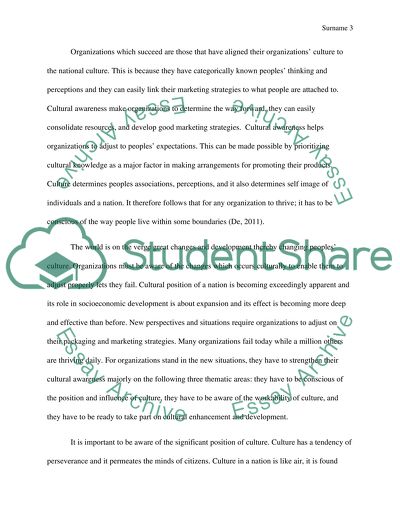Cite this document
(Managing Cultural Diversity at Work Research Paper, n.d.)
Managing Cultural Diversity at Work Research Paper. Retrieved from https://studentshare.org/human-resources/1488732-ychan-awareness-of-the-impact-of-national-culture
Managing Cultural Diversity at Work Research Paper. Retrieved from https://studentshare.org/human-resources/1488732-ychan-awareness-of-the-impact-of-national-culture
(Managing Cultural Diversity at Work Research Paper)
Managing Cultural Diversity at Work Research Paper. https://studentshare.org/human-resources/1488732-ychan-awareness-of-the-impact-of-national-culture.
Managing Cultural Diversity at Work Research Paper. https://studentshare.org/human-resources/1488732-ychan-awareness-of-the-impact-of-national-culture.
“Managing Cultural Diversity at Work Research Paper”, n.d. https://studentshare.org/human-resources/1488732-ychan-awareness-of-the-impact-of-national-culture.


